The Death of Nuance
Public discourse has traded balance for absolutism—and we’re all worse off for it.
One of the most annoying recent hive-mind “AI is bad” memes has been water use by AI. It follows a pretty similar path as the prior hysteria cycle over power and carbon emissions, which I addressed in a previous piece here.
My boring TLDR is that AI has a minuscule impact right now relative to… pretty much all other human activities. That being said, AI does require more than “conventional” web/internet services, so we should keep an eye on it.
That’s far less of an exciting take than, “We’re all gonna die.”
Andy Masley has a far better rebuttal (with sexier charts) than I did on this topic—I’ll let the data speak for itself.
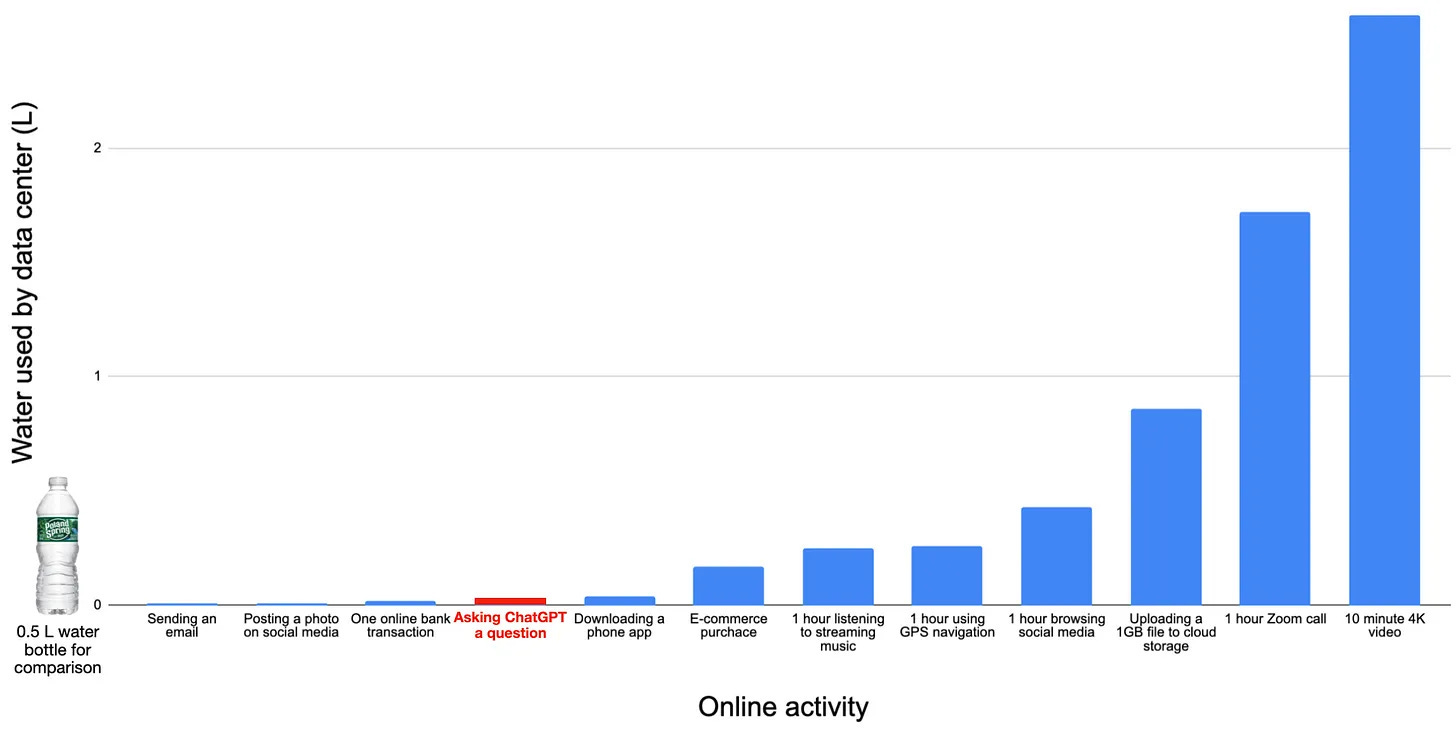
Since some people will just use this to say all tech services are bad, let’s also include this perspective from Andy.
This would make off-the-grid vegans happy, but most people who decry AI would be far less willing to give up meat or running water. If more people were willing to sacrifice meat, even a little, alternative protein startups would be a lot happier (and, for most, a lot less dead).
Still, just like the power conversation, it’s a good one to have. It’s also dumb to claim that AI is totally costless. Hysteria and totally one-sided absolutism help nothing, though.
Techno-Optimism and Techno-Pessimism
In much of the post-WWII period, we’ve seen hyperbolic techno-optimism. We were supposed to have flying cars and robot maids like in the Jetsons by now. Today, we have far more techno-doomerism—everything tech is bad.
I hate it. Things stop being a conversation and there’s no way to rationally weigh anything when the orientation is essentially a religious belief.
I don’t think boundless tech-optimism is good. Anything short of Iain Banks’ Culture series—an all-powerful, post-scarcity AI utopia—is unlikely to solve social problems. Past a certain level of desperate poverty for basic material needs, there’s no magical reason why faster chips, bigger TVs, or even breakthrough advances in medical technology will change the nature of humans. We’ll still covet thy neighbor’s stuff, do unhealthy things, and fall into the trap of wanting someone else to solve all our problems.
But tech also doesn’t magically “destroy everything.” It’s become hip to hate on tech companies, now that tech companies are economically ascendant. A lot of us (me included) hate where social media ended up.
But did social media create a dystopian world? Social media arose during a time when the “free world” was no longer united by a common enemy (and the threat of nuclear annihilation). Right-wing talk radio and the left-wing blogosphere both existed in the early internet days, before the advent of our current social media ecosystem.
We were already fragmenting and self-sorting into our own little worlds. The tool of social media, the internet, and always-connected mobile phones just made it more efficient.
To be clear, that’s still something. I also am not arguing that we shouldn’t regulate it. For example, perhaps we really should ban smartphones in school, as @Jonathan Haidt suggests.
But it isn’t the source of all sins. You can’t blame the Devil (or Facebook) for everything bad that humans have done.
Tradeoffs Are Normal
Whether it’s AI resource use, or social media, or pretty much literally anything else, nothing is all good or all bad. Even your choice of lunch is a tradeoff. That salad may be kind of sad-looking but it’s healthier than the burrito stuffed with fries (also known as California-style).
That’s normal. Technology and productivity improvements are good. They aren’t costless. But, on balance, we want them.
The problem is that in our current social landscape, no one wants to bring up any tradeoffs. It’s politically expedient in the short term—and incredibly corrosive in the long term.
Let’s talk about examples, which unfortunately turns this into a bit of a rant, but here we are. Given that my two examples are at the center of political debate, I expect this might be unpopular. But if I didn’t choose topics with some valence, I doubt anyone would care. It also wouldn’t make my point.
Renewables and Costs
Paul Krugman recently did a piece called Kilowatt Madness debunking Trump’s… let’s call it an argument.
From Krugman:
It’s unclear what his theory is. How does adding wind and solar generating capacity — increasing electricity supply — lead to higher prices?
…
As it happens, the data overwhelmingly reject Trump’s claims about renewables and prices. The Department of Energy has data on the share of each state’s electricity generated by renewable sources. For example, Iowa gets 80 percent of its utility-scale power from renewables, mostly wind, while New Jersey only gets 4.6 percent from renewables. Yet Iowa’s electricity prices actually fell slightly from May 2024 to May 2025, while NJ prices rose 10 percent.
Well, yes, and no. It’s actually fairly complicated—and I expect Trump got briefed on something related to the topic, which has a nugget of truth in it.
The poster child for high prices is California, which has made huge renewables pushes. But Texas is actually building out renewable generation faster—and is obviously cheaper.
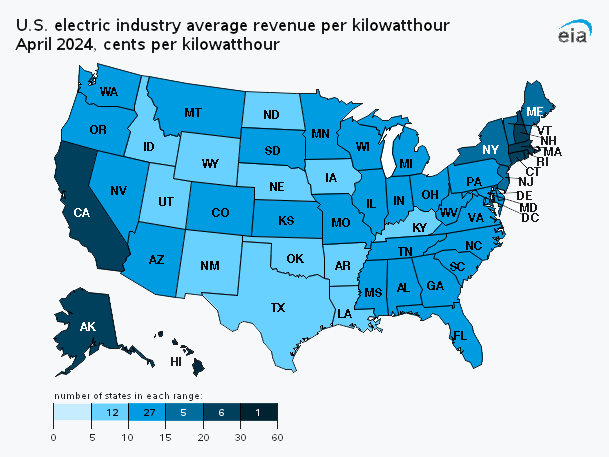
On the other side of the spectrum, there’s Doomberg. While it’s rather… negative… on renewables in general, it points out that there is quite a direct connection:
Last week, an expansive article in Bloomberg Green—confessionally titled “The Fix For Solar Blackouts Is Already Here”—captured this sentiment. It lamented that the penetration of solar and wind has outpaced the buildout of stabilization technologies such as synchronous condensers and grid-forming inverters. In other words, the renewables worked as designed, but the infrastructure to integrate them safely at such high percentages of supply lagged far behind…
The bottom line: renewables require substantial grid improvements to work well. The sun doesn’t always shine and the wind doesn’t always blow.
That doesn’t mean we shouldn’t use renewables. I’m also no “climate denier” (…I mean, Creative Ventures and I have invested quite heavily in climate tech). There are simply real shortcomings. And obviously Krugman knows—he has very careful language that doesn’t give an inch to Trump’s rant, while never saying anything technically wrong… but also obfuscating the fact that renewables can drive up costs.
Integration into power grids can be costly. Rooftop solar is inefficient and collectively expensive for the grid. And building out new renewables capacity to replace older, more polluting technologies is expensive.
Even taking the rooftop solar example, you wouldn’t expect your power bills to be radically cheaper (unless there’s some gimmick where someone else pays—say, government incentives, which just displaces who pays for it) right after building them. There’s a capital outlay up front. It may very well pay off—and in a big way. That also doesn’t mean it’s great from day one.
However, given how poorly preventing climate change polls (it’s always lagged the economy and other issues by a lot), most people aren’t going to give it much grace if they hear it’ll increase their power bills.
The public debate is healthy, though. Renewables are likely still “worth the cost” after weighing all the tradeoffs. Because there are others that are definitely not. I also don’t think acknowledging some nuance would really hurt the argument—especially among Krugman’s audience.
Sunlight and clear debates could prevent truly stupid policies—like California’s special CARB oil blend that makes it a gasoline island, improving emissions slightly at the cost of massively higher oil prices. Now, with refineries that produce its special blend closing, it represents 20% of the state’s supply… This could push California’s $4+ per gallon prices to $6 or $8—again, with very limited benefits.
The Loss of Public Trust in Public Health
Robert F. Kennedy Jr., the administration-appointed head of the US Health and Human Services (HHS) Department, has been canceling funding for vaccine development, trying to fire CDC staff over vaccine policy, and limiting access to who can get COVID shots.
He’s also said weird things (not out of context), like being able to diagnose children by looking at them. All in all… bad stuff.
I’m worried about where the climate and renewables debate will go. I’m despondent about where the public health debate is—and fear other issues will metastasize similar to it.
RFK Jr. is the whirlwind that public health reaped. With all the politicization around the topic, I’ve seen a tendency to want to sweep the dumb things that happened around COVID under the rug. Unfortunately, I’d argue those dumb things are what led us here.
I get a lot of “that didn’t happen” responses for the stupid policies around masks. Specifically, lying to the public about their effectiveness rather than simply urging people to leave them for essential workers and trusting societal cohesion.
I remember quite well—because my wife and a friend of mine devoted countless hours to sourcing and organizing drives to get N–95 masks to essential workers. I also spent hours coding for the cause (ah, the days before LLMs).
The dialogue about the plunging trust in public health was dismissed as “disinformation”, but much of it was also missteps by health officials.
At the beginning of the crisis, red states had insane policies. Eventually, the facts changed, both due to our growing knowledge and literal conditions shifting. The big one, of course, was that vaccines became available. The politics didn’t change. With the moving landsccape, eventually blue states ended up with crazy policies. It’s not to pat either on the back—they all ended up doing irrational things, just at different times. And usually for political reasons.
California closed their schools and kept them closed for stupidly (and damagingly) long periods of time—while arguing that there were no tradeoffs involved. Different counties in the state kept mask, distancing, and hours mandates for far longer than everywhere else.
Trust is so low—even in, or perhaps especially in, California—that I have regularly had conversations with Uber drivers about vaccine skepticism. Although it’s a problem nation-wide, in California we saw vaccine hesitancy nearly double as COVID went on, especially among Black and Hispanic workers. When the topic comes up on the radio, I’ve had drivers tell me that their cousins died from the vaccine, that it was completely untested, or that it was designed without any real testing for safety for Black people. And so on and so forth. At the same time, at fancy house parties in San Francisco, people compared how many shots they got on their little vaccine cards.
Is some of that misinformation? Yeah, sure. But much of that stems from people losing trust in public health officials.
So much of this was counterproductive. People, regardless of their education level, aren’t stupid. Inconsistency and unwillingness to discuss tradeoffs often comes across as disingenuous salesmanship.
Hoping for Better Public Discourse
There was no golden age when everything was fair, balanced, and everyone talked about tradeoffs. But certainly more people were willing to do so in the past.
Coming full circle: is this the fault of social media? Smartphones? In the spirit of tradeoffs, I expect it’s likely partly to blame. It’s not all of it, though.
We have many challenges coming up. That includes actual climate change (beyond debates about renewables), massive demographic challenges (which I’ve written about regarding why we might need AI), and an increasingly geopolitically unstable world (following the end of unipolar hegemony by the US, after the Cold War).
Putting aside bad takes on AI—in either direction—it’s impossible to tackle our biggest problems without an honest accounting of what we’ll need to trade off. If we don’t, we’re doomed to dumb decisions or total paralysis.
Thanks for reading!
I hope you enjoyed this article. If you’d like to learn more about AI’s past, present, and future in an easy to understand way, I’m working on a book titled What You Need to Know About AI that will be published October 15th.
You can learn more about it and pre-order on Amazon, Barnes and Noble, or Bookshop (indie booksellers).



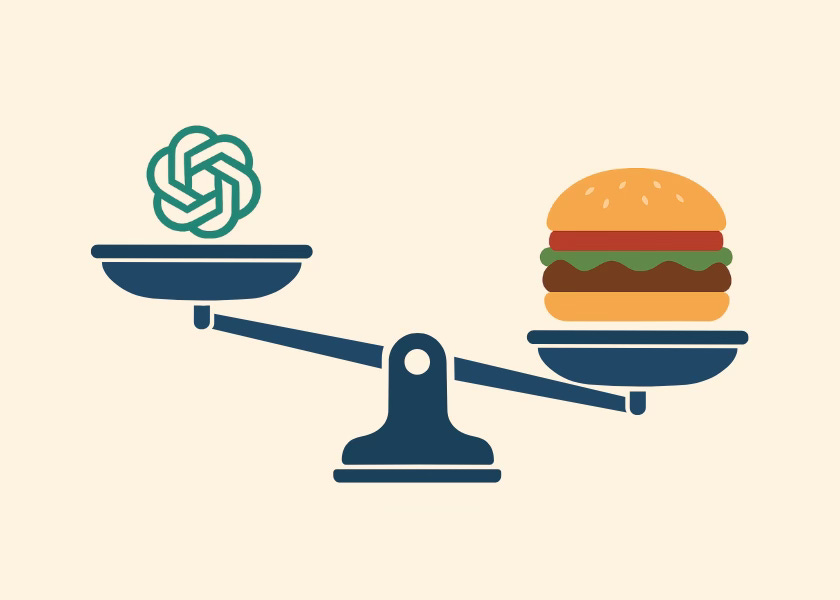
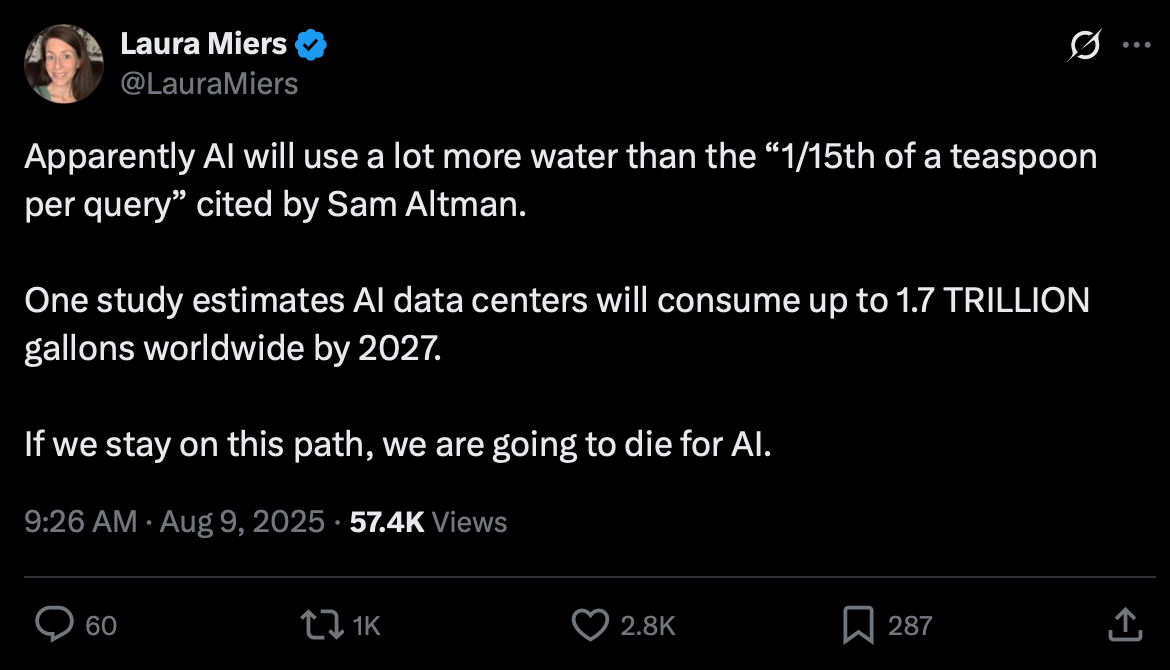
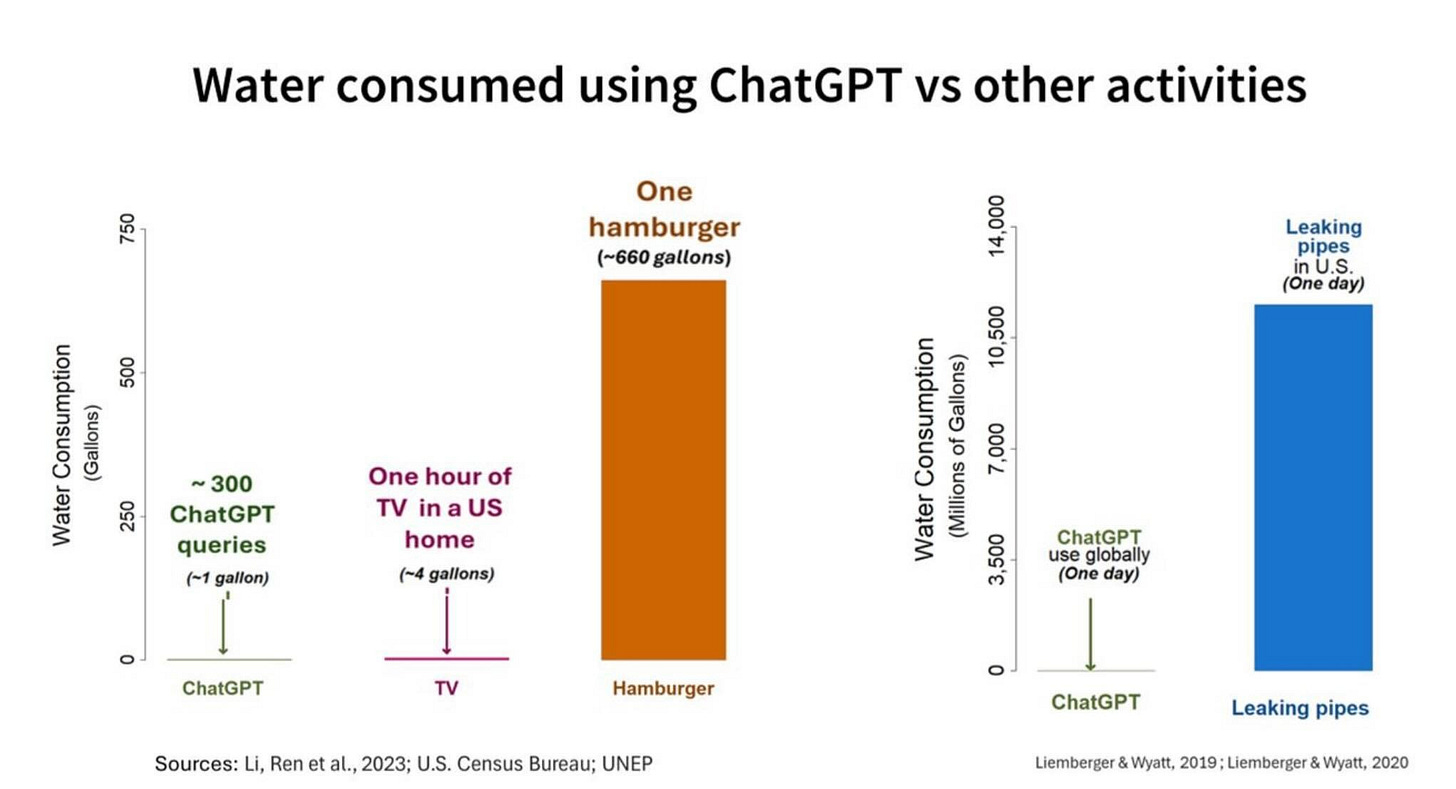
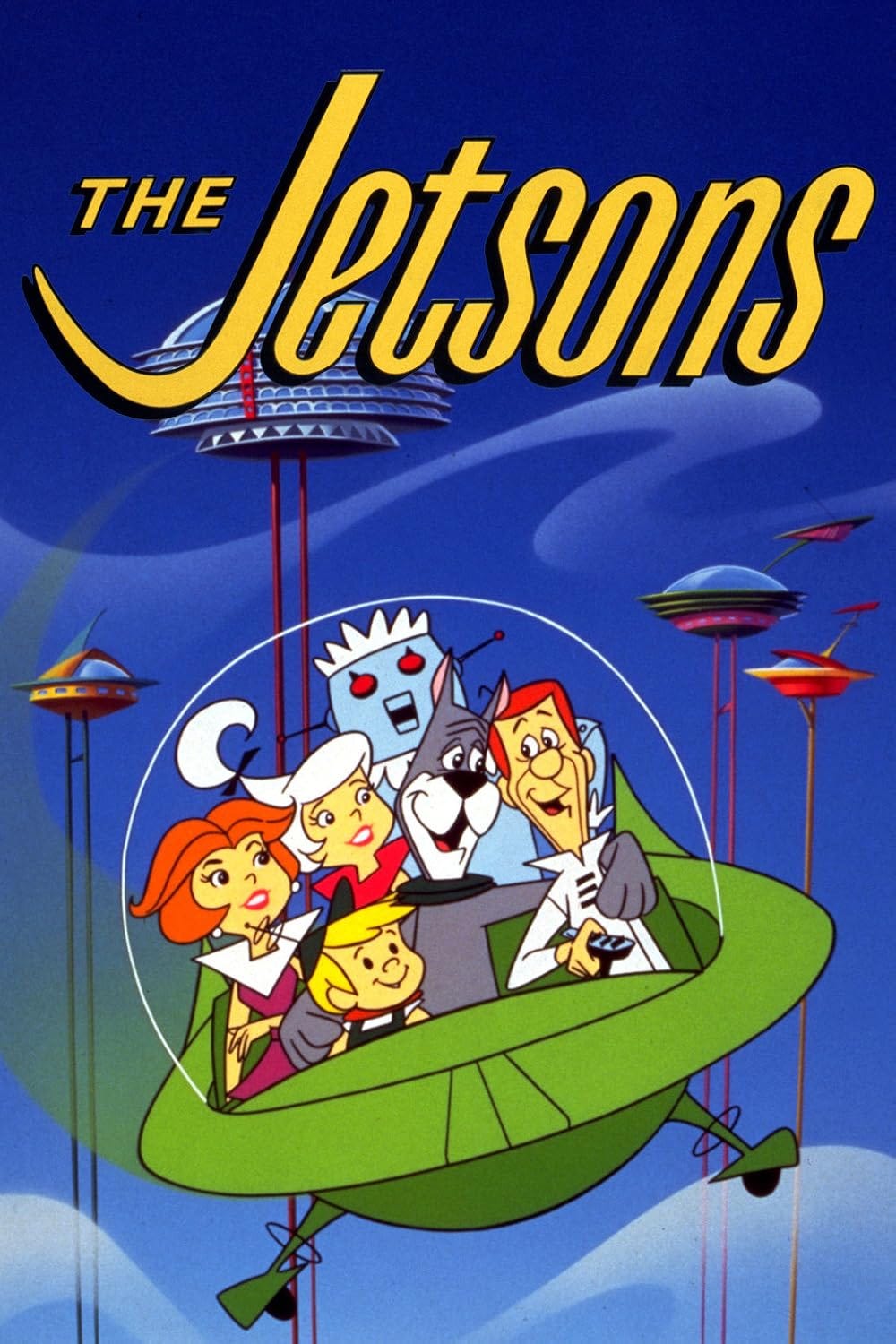
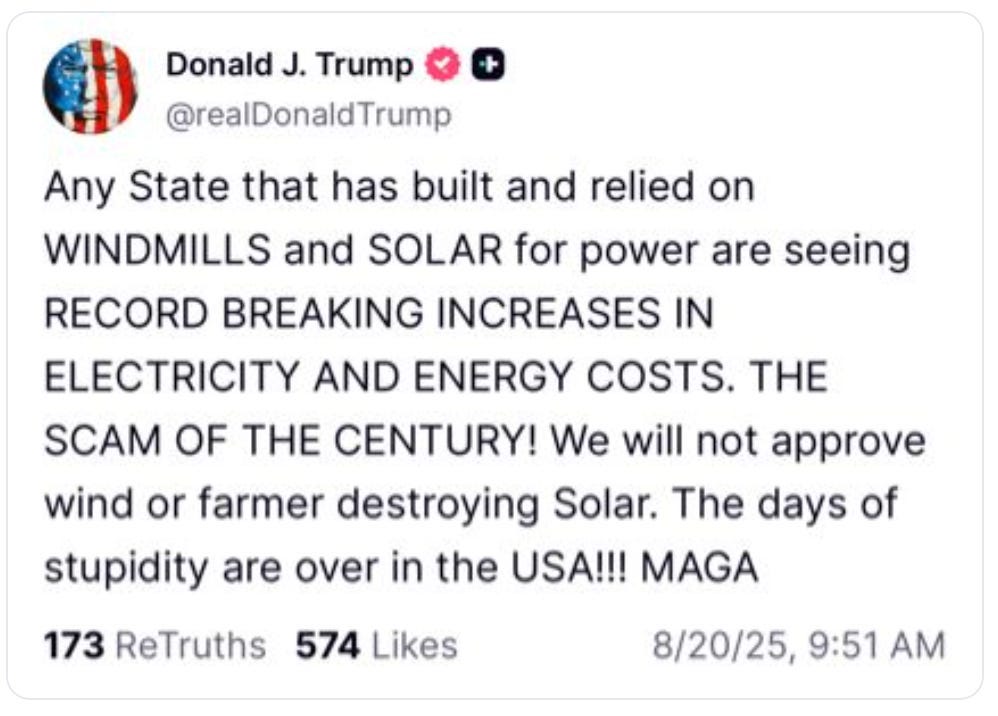
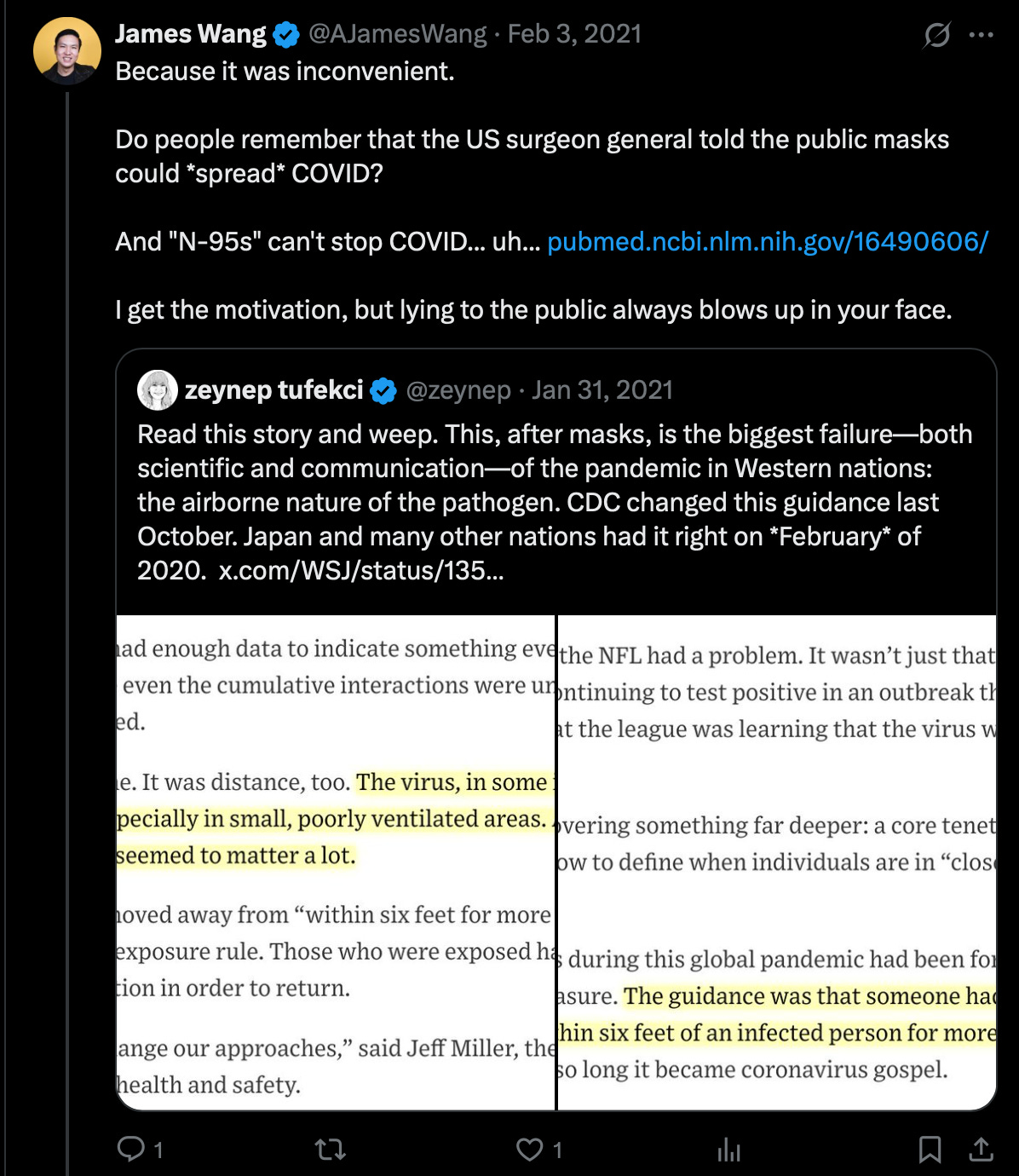
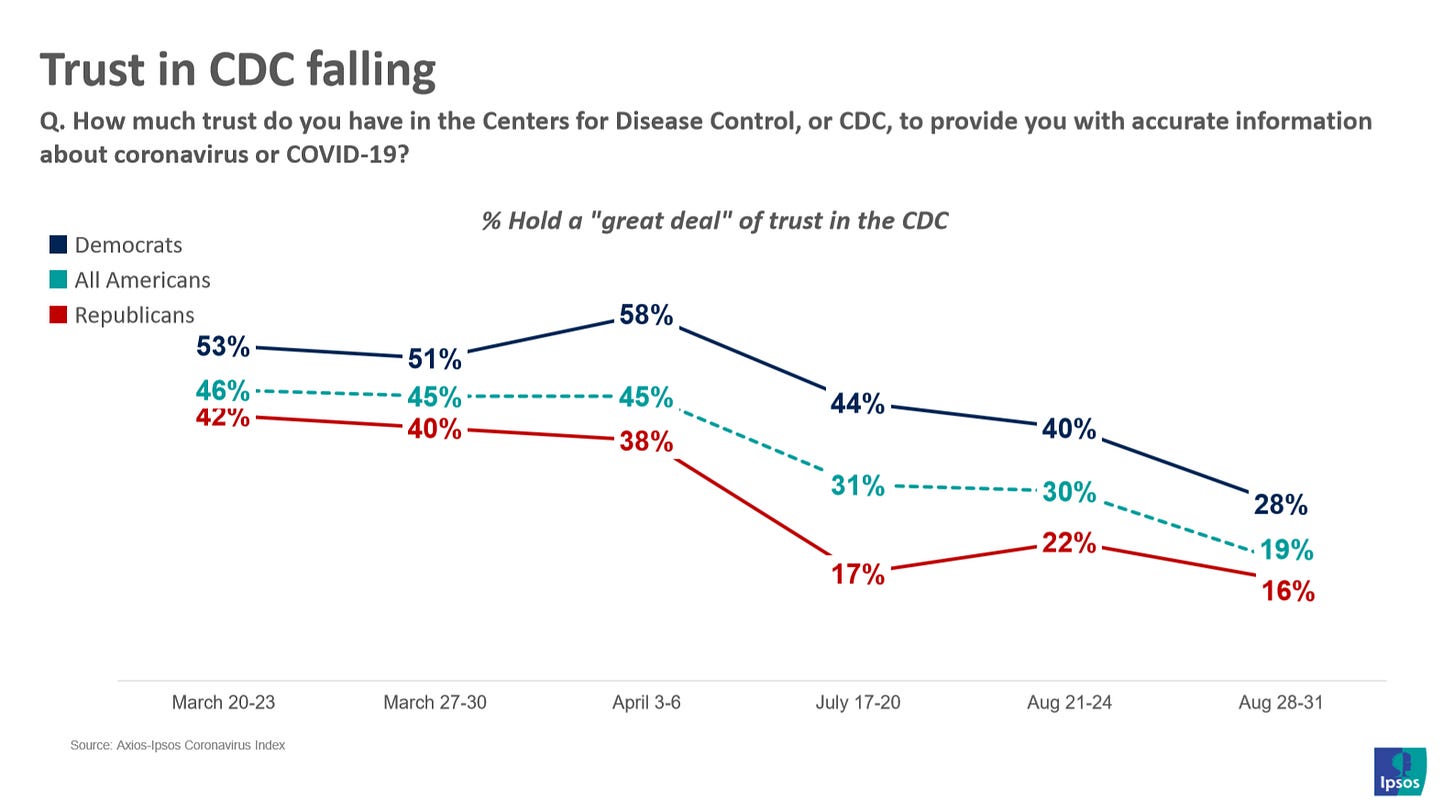
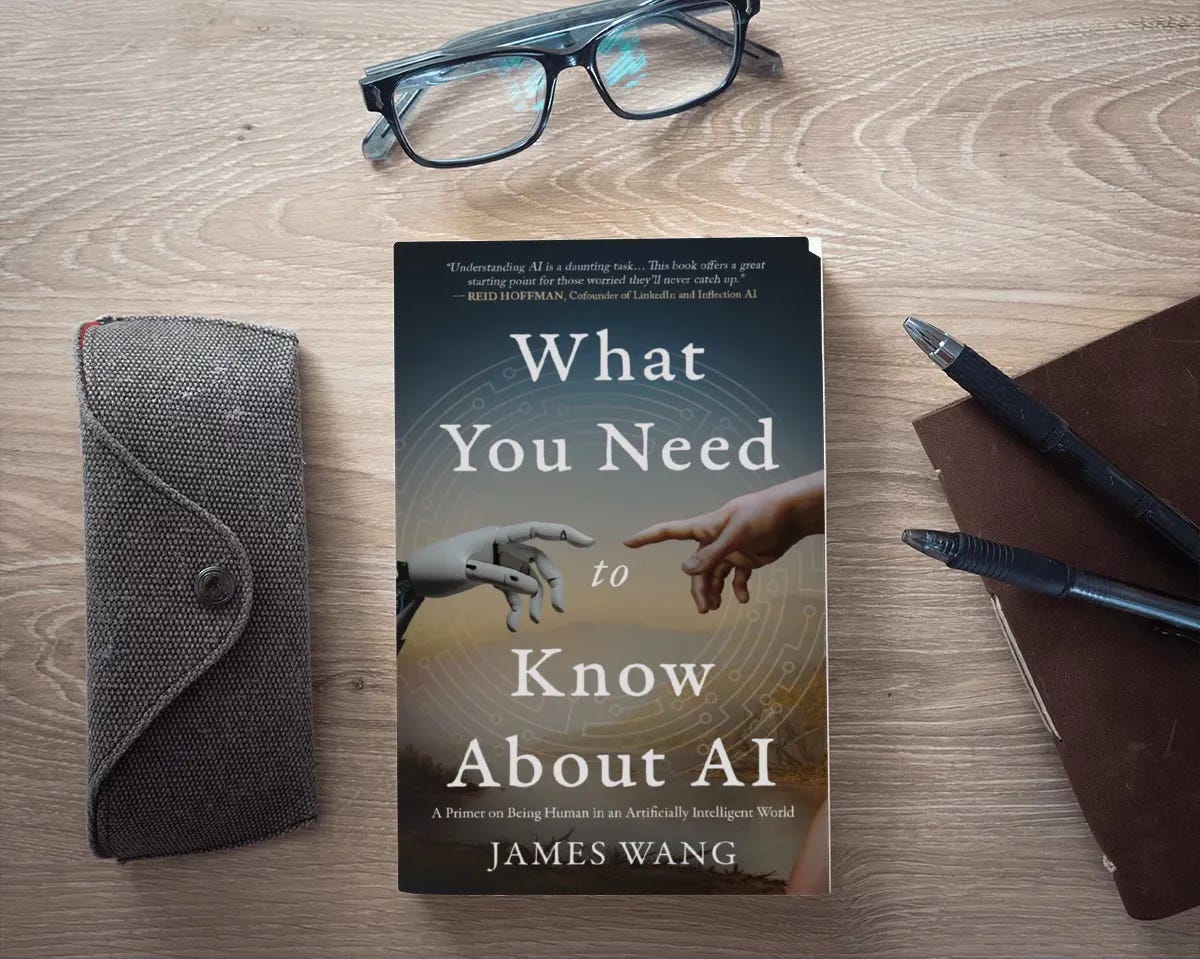
Great article, James, thank you. I feel 25% saner after reading it.
Very nice article. I agree, Ai is just a tool, not an intelligent entity. Tools and just about everything else can be used for good or for bad according to the agenda of the user.